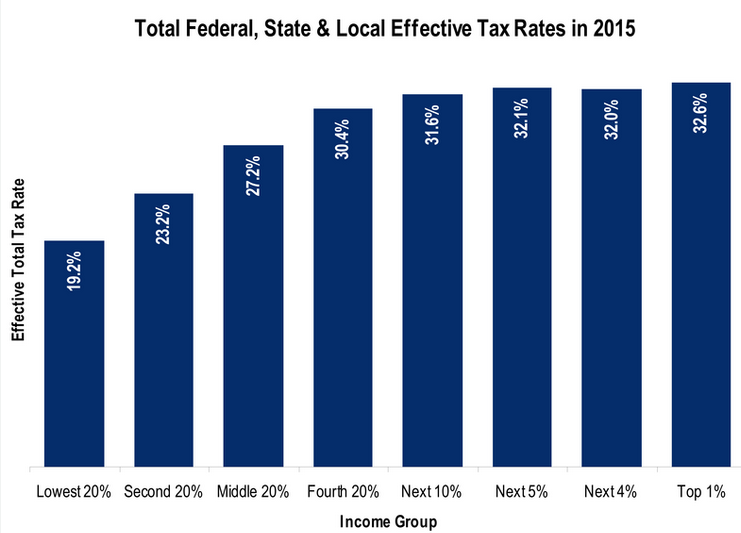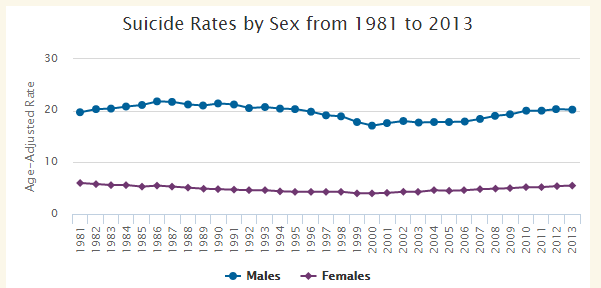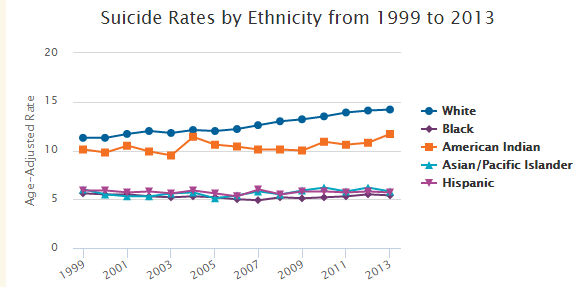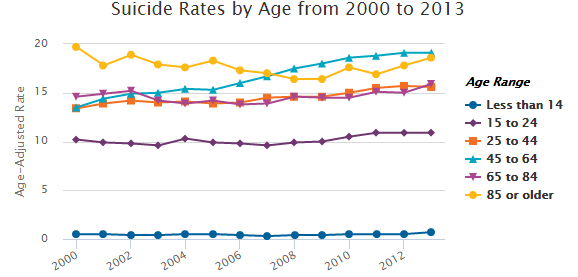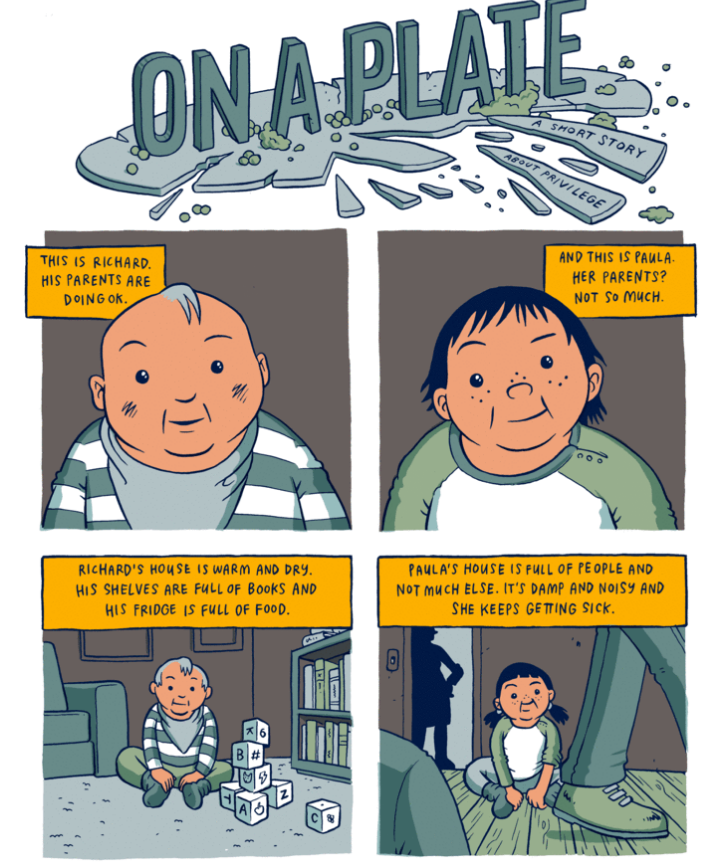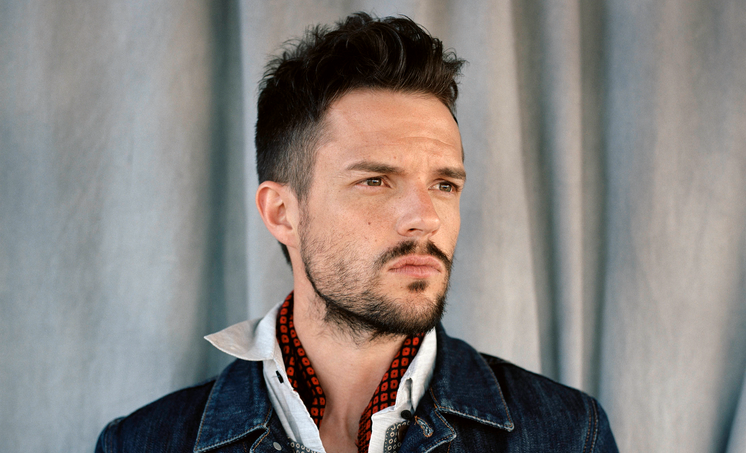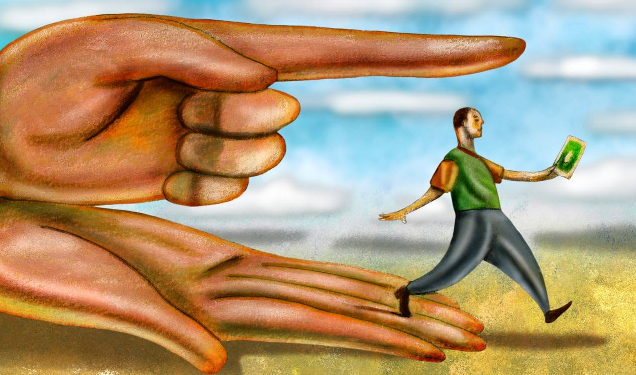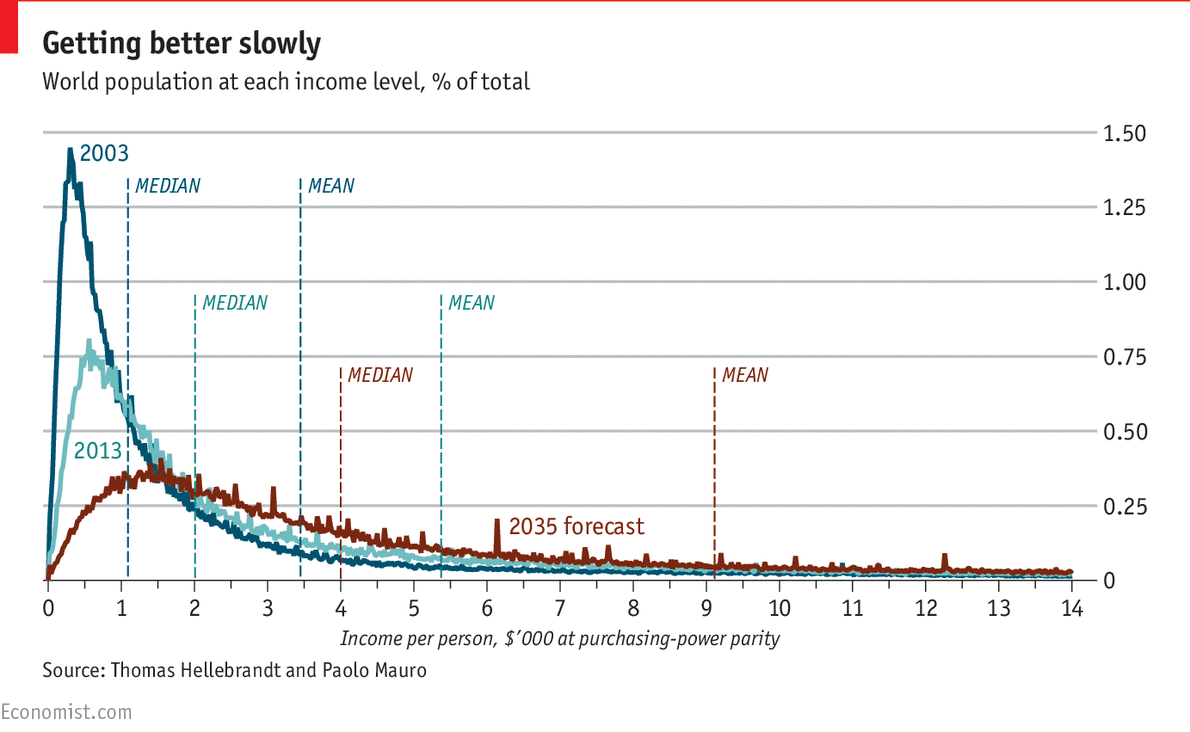Does transgenderism conflict with feminism?
What Makes a Woman? (New York Times)
Do women and men have different brains?
Back when Lawrence H. Summers was president of Harvard and suggested that they did, the reaction was swift and merciless. Pundits branded him sexist. Faculty members deemed him a troglodyte. Alumni withheld donations.
But when Bruce Jenner said much the same thing in an April interview with Diane Sawyer, he was lionized for his bravery, even for his progressivism.
After Being TKO’d by Fallon Fox, Tamikka Brents Says Transgender Fighters in MMA ‘Just Isn’t Fair’ (Cage Potato)
Transgender MMA fighter Fallon Fox earned her second straight win on Saturday, when she TKO’d Tamikka Brents in the first round at a Capital City Cage Wars event in Springfield, Illinois. Brents reportedly suffered a concussion and a broken orbital bone during the two-minute beatdown, and required seven staples in her head.
Brens said:
I’ve fought a lot of women and have never felt the strength that I felt in a fight as I did that night. I can’t answer whether it’s because she was born a man or not because I’m not a doctor. I can only say, I’ve never felt so overpowered ever in my life and I am an abnormally strong female in my own right.
Does transableism conflict with disability rights?
Becoming disabled by choice, not chance: ‘Transabled’ people feel like impostors in their fully working bodies (National Post)
When he cut off his right arm with a “very sharp power tool,” a man who now calls himself One Hand Jason let everyone believe it was an accident.
But he had for months tried different means of cutting and crushing the limb that never quite felt like his own, training himself on first aid so he wouldn’t bleed to death, even practicing on animal parts sourced from a butcher.
“My goal was to get the job done with no hope of reconstruction or re-attachment, and I wanted some method that I could actually bring myself to do,” he told the body modification website ModBlog.
His goal was to become disabled.
Is transracialism bad for racial progress?
Why Comparing Rachel Dolezal To Caitlyn Jenner Is Detrimental To Both Trans And Racial Progress (Huffington Post)
Transracial identity is a concept that allows white people to indulge in blackness as a commodity, without having to actually engage with every facet of what being black entails — discrimination, marginalization, oppression, and so on. It plays into racial stereotypes…
